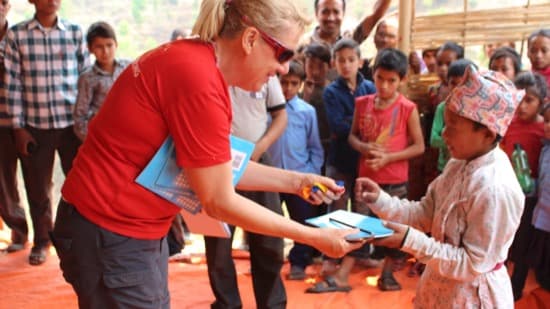 Education is vital to a child’s development – it teaches literacy which is a fundamental building block for learning, imagination and personal empowerment, and it teaches confidence and a mindset which acts as a catalyst for social and economic progress.
Education is vital to a child’s development – it teaches literacy which is a fundamental building block for learning, imagination and personal empowerment, and it teaches confidence and a mindset which acts as a catalyst for social and economic progress.
On September 8th, 2015, we are celebrating International Literacy Day and focus on raising awareness for those who cannot read or write or are without access to quality education.
Approximately 775 million people – 64% of whom are women- are functionally illiterate. In other words, they lack the basic reading and writing skills to manage daily living and employment tasks.
The cost of illiteracy to the global economy is estimated at USD $1.19 trillion. The effects of illiteracy are very similar in both developing and developed nations. This means that the impact of illiteracy – limited opportunities for employment or income generation, higher chances of poor health, propensity towards crime or dependence on social welfare or charity (if available) – can be found wherever illiteracy is found.
Educating girls and women, in particular, has unmatched transformative power. It is estimated that if all women completed primary education, there would be 66% fewer maternal deaths. Beyond this very basic level, educating women increases household incomes and influences better educational outcomes for children.
For these reasons, FONA has committed to delivering better education opportunities in Nepal by establishing education centres of excellence. These centres will be established in rural areas to help overcome the social and economic challenges and disadvantages experienced in remote communities. Our vision is that the centres will become a platform for transformation of entire communities through education with a focus on applied learning particularly for secondary students and adults.
Leave a Reply